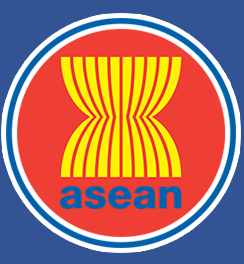ASEAN Journal on Science and Technology for Development
Abstract
Malaysia is the largest producer and exporter of examination and surgical gloves in the world and currently faced with mitigating large amounts of waste generated during the glove production process. This waste is mainly generated from glove dipping tanks and is referred as dipping tank coagulum (DTC). It is considered as scheduled waste which requires mandatory disposal by incineration, in compliance to the Scheduled Waste Regulations set by the Department of Environment. Work described in this study showed, DTC samples with a polymer content of >40%, both ash and calcium carbonate content of <10% and curatives <2% (Sulphur, antioxidants, accelerators and ZnO) when blended with virgin rubbers (SMR 10 and SMR 20) were found to be suitable for manufacturing value-added rubber products. DTC samples with polymer contents of <40% and lower in curativescould still be considered for recycling, by adding higher portions of virgin rubber for manufacturing products like shoe soles, carpet underlay and thermoplastic elastomer products. Glove manufactures should ideally set up on-site DTC processing facilities at their factory premises equipped with crepers as well as space to ‘air dry’ the creped DTC samples. Creped samples could be sent to the Malaysian Rubber Board (MRB) for chemical analyses. Factory owners could also present the analytical results from MRB to the recyclers to obtain a good premium for their processed DTC samples to be used as raw materials.
Publication Date
7-25-2017
Recommended Citation
V., Devaraj; I., Nur F.; I. H., Dayang A.; K., Nor H.; and N., Zairossani M.
(2017)
"Utilization of Waste from Natural Rubber Glove Manufacturing Line,"
ASEAN Journal on Science and Technology for Development: Vol. 32:
No.
2, Article 2.
DOI: https://doi.org/10.29037/ajstd.61
Available at:
https://ajstd.ubd.edu.bn/journal/vol32/iss2/2

